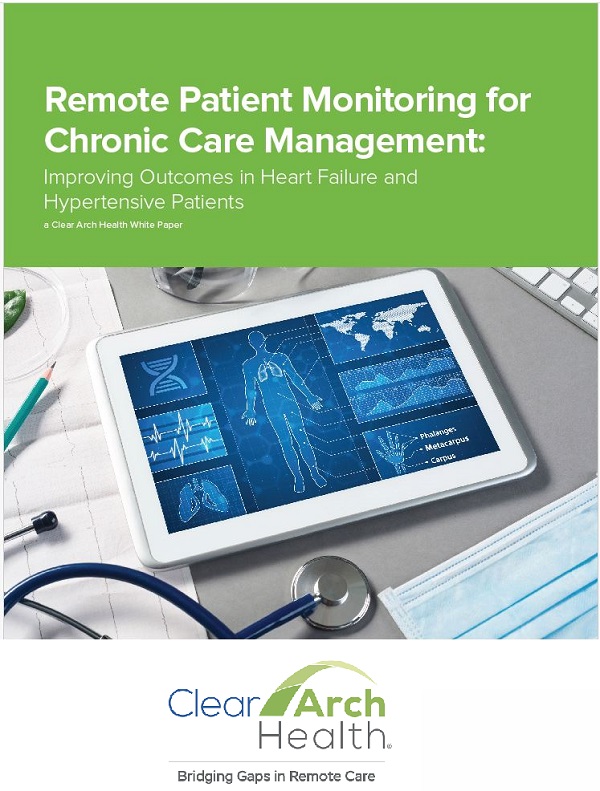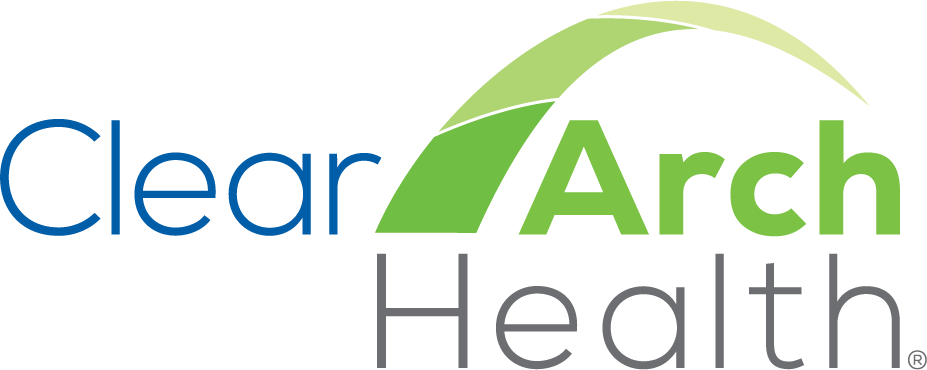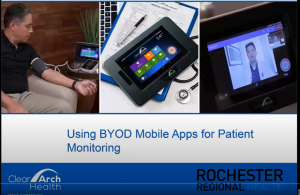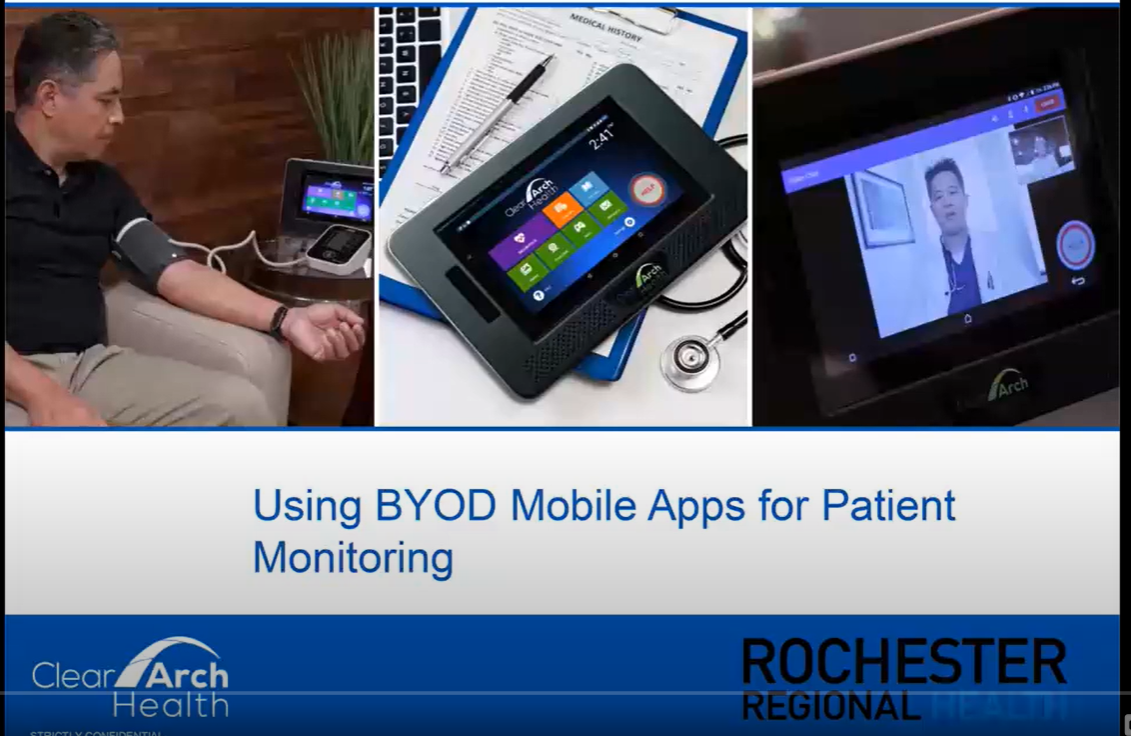
Remote patient monitoring (RPM) has demonstrated great potential to significantly benefit health management for patients with chronic conditions, such as heart failure and hypertension.
RPM allows patients to track their health data at home and transmit it to their healthcare providers for review, assessment, and intervention, as needed. Convenient access to the actionable patient data gathered through connected care technology enables providers to identify potential problems early on, adjust medications and provide personalized support in a timely fashion for improved outcomes.
“Remote Patient Monitoring for Chronic Care Management: Improving Outcomes in Heart Failure and Hypertensive Patients” is a white paper from Clear Arch Health that explores the results from various specialty care RPM programs involving over 300 patients.
Download this white paper to learn more about the specific benefits of RPM for heart failure and hypertension, including:
- Offers patients opportune access to essential care
- Reduces hospital admissions and readmissions
- Leads to maintaining healthier blood pressure levels
- Encourages successful weight management
- Propels compliance with treatment plans
- Supports improved medication adherence
- Helps contain healthcare costs
- Increases overall patient satisfaction
Discover how RPM can help improve chronic care management for heart failure and hypertensive patients.








